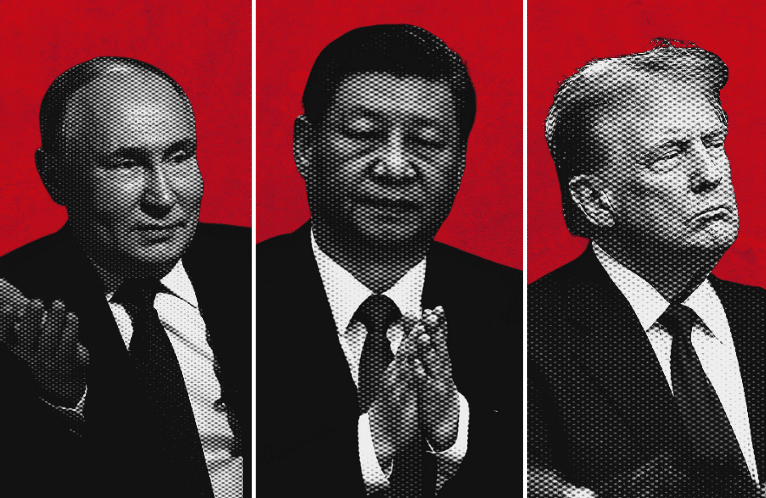China Opposes Deployment of THAAD in S. Korea: Vice FM
China unequivocally opposes the deployment of the Terminal High Altitude Area Defense (THAAD), an advanced U.S. missile defense system, in the Republic of Korea, Vice Foreign Minister Zhang Yesui said here Tuesday.
Xinhua interviewed Zhang on the sidelines of the seventh high-level strategic dialogue between the foreign affairs ministries of China and South Korea.
Zhang said that the current situation on the Korean Peninsula is both extremely complicated and extremely sensitive. China has always steadfastly sticked to the denuclearization of the peninsula and tried to maintain peace and stability on the peninsula, always having been committed to solving the issue through dialogue and negotiation.
China supports efforts at the United Nations Security Council to agree on a new and forceful resolution as soon as possible, he said.
“Sanctions are not an end in themselves,” Zhang said. “We still would have to find a fundamental solution through dialogue and talks.”
He said China is seriously concerned over the intention of the United States and South Korea to hold talks on deploying THAAD in South Korea.
Pyongyang launched a satellite-carrying rocket, which Seoul sees as a cover for a long-range ballistic missile, on Feb. 7, after conducting its fourth nuclear test on Jan. 6.
The United States and South Korea said they have decided to discuss the deployment of THAAD. As one of the most advanced missile defense systems in the world, THAAD can intercept and destroy ballistic missiles inside or just outside the atmosphere during their final phase of flight.
Zhang said the deployment of such a system would exacerbate regional tensions and seriously harm China’s strategic security interests as well as the security interests of other countries in the region.
China clearly opposes the deployment of THAAD in South Korea, he said.
“We are hoping that the related parties would seriously consider the concerns of China and be prudent with what they do,” he said.
Feb. 17, 2016 on XinhuaNet
Read more here








